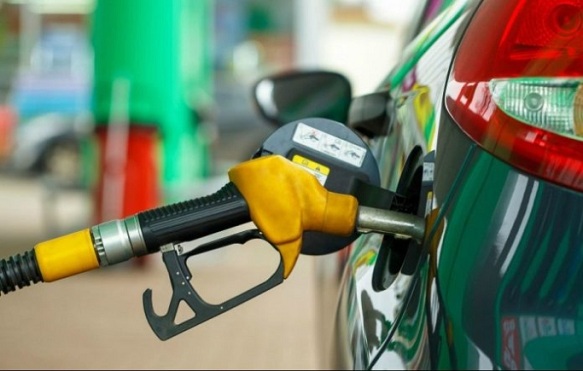Parliament has approved the Energy Sector Levy (Amendment) Bill, 2025, introducing a GH¢1 levy on petroleum products.
This controversial bill aims to raise additional revenue to address the nation’s severe energy sector debt and ensure a stable power supply, was passed on Tuesday, June 3, 2025.
The Finance Minister, Dr. Cassiel Ato Forson, who presented the bill under a certificate of urgency, stated that the total indebtedness of the energy sector stood at US$3.1 billion as of March 2025.
He further explained that a minimum of US$3.7 billion is necessary to completely clear this debt, with an additional US$1.2 billion required to procure essential fuel for thermal power generation throughout 2025.
The Minister assured Parliament that the impact of the new levy on ex-pump prices would be “absorbed by the gains made from the strong performance of the Ghana Cedi,” which means consumers should not expect an immediate price hike.
However, the Minority Caucus strongly opposed the bill, arguing that it imposes an inappropriate burden on Ghanaians.
Their resistance culminated in a walkout during the approval process, as they contended that the Majority side lacked the necessary numbers to make a decisive ruling on the bill.
Before the vote, Majority Leader Mahama Ayariga passionately advocated for the levy, framing it as a collective sacrifice needed to end the ongoing power crises known as “dumsor.” He made a clear distinction between the new levy and the widely unpopular E-levy, which was recently repealed by the government.
Mr. Ayariga urged Ghanaians to contribute “one cedi, just one cedi” per litre of fuel to secure a stable power future.
The passage of this bill is expected to generate an additional GH¢5.7 billion in revenue annually to help resolve the energy sector’s financial issues.
While the government asserts that the strong Cedi will protect consumers from direct price increases, the Minority’s walkout underscores deep divisions regarding the approach to tackling Ghana’s energy sector challenges.





